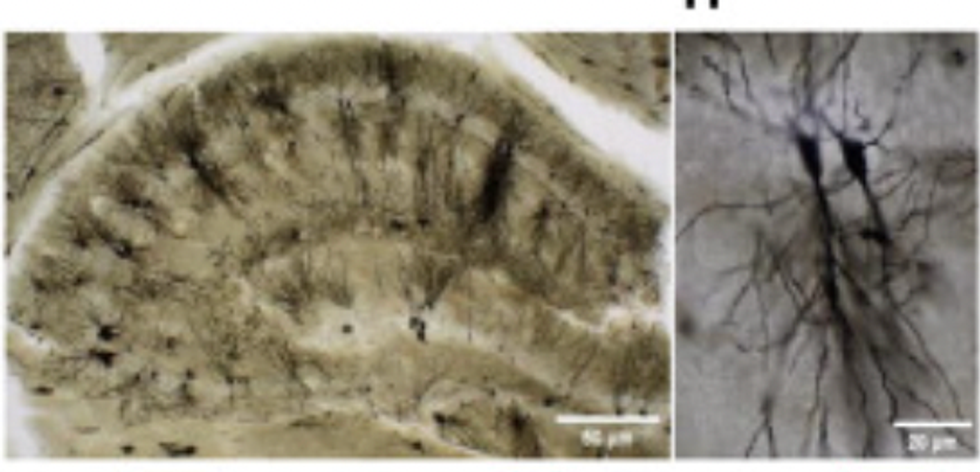A dietary supplement that stimulates memory and muscle strength

A superfood supplement has been shown to improve memory and muscle health in older adults, with researchers saying the findings open a “promising avenue” for treating Alzheimer’s disease.
Beta-hydroxy beta-methylbutyrate, also known as HMB, is not a prescription drug or steroid, but an over-the-counter supplement available at sports and fitness stores.
Bodybuilders regularly use HMB to increase exercise-induced gains in muscle size and strength while improving physical performance. HMB is considered safe even after long-term use, with no known side effects.

Bodybuilders regularly use HMB to increase exercise-induced gains in muscle size and strength.
Getty Images
There is ample evidence demonstrating the effectiveness of HMB in boosting muscular strength and performance.
For example, in a 12-week randomized, double-blind, placebo-controlled study published in the Journal of Nutrition, Health and Aging, researchers evaluated the benefits of HMB supplementation in older adults with sarcopenia, a medical condition characterized by extreme muscle loss.
The study found that HMB significantly enhanced the effect of resistance training on muscle strength, physical performance, and muscle quality. It also reduced inflammatory markers.
Researchers are now exploring its potential to improve cognitive performance.
Studies in mice with Alzheimer’s disease have shown that HMB successfully reduces plaques and increases neuronal growth factors to protect learning and memory.
In a study on mice, published in the journal Cell reports, The researchers examined whether, after oral administration, HMB could penetrate the brain.
Three days after oral treatment, HMB was detected in the hippocampus of HMB-fed mice compared with untreated control mice, indicating that HMB is able to cross the blood-brain barrier.
The hippocampus region of the brain is responsible for learning and memory, and a leak in the blood-brain barrier is associated with age-related forgetting.

HMB was detected in the hippocampus of HMB-fed mice
Cell Reports
Previous studies indicate that a family of proteins known as neurotrophic factors are significantly decreased in the brains of people with Alzheimer’s disease and that they contribute to the survival and function of neurons, which are cells that receive and send messages from the body to the brain and vice versa.
“Our study found that after oral consumption, HMB enters the brain to increase these beneficial proteins, restore neuronal connections, and improve memory and learning in mice with Alzheimer’s-like pathology, such as plaques and tangles,” said Kalipada Pahan, professor of neurology at RUSH Medical College.
The study results indicate that HMB stimulates a nuclear hormone receptor called PPAR? in the brain that regulates fatty acid transport, which is key to HMB’s success as a neuroprotective supplement.
“If the results obtained in mice with HMB are reproduced in patients with Alzheimer’s disease, this would open a promising avenue for the treatment of this devastating neurodegenerative disease,” said Professor Pahan.
“This could be one of the safest and simplest approaches to halt disease progression and protect memory in patients with Alzheimer’s disease,” he added.
News Source : www.gbnews.com
Gn Health



:quality(70)/cloudfront-us-east-1.images.arcpublishing.com/adn/XWNRVUIINBF7VCD4WSPLVS74DQ.jpg?w=390&resize=390,220&ssl=1)
